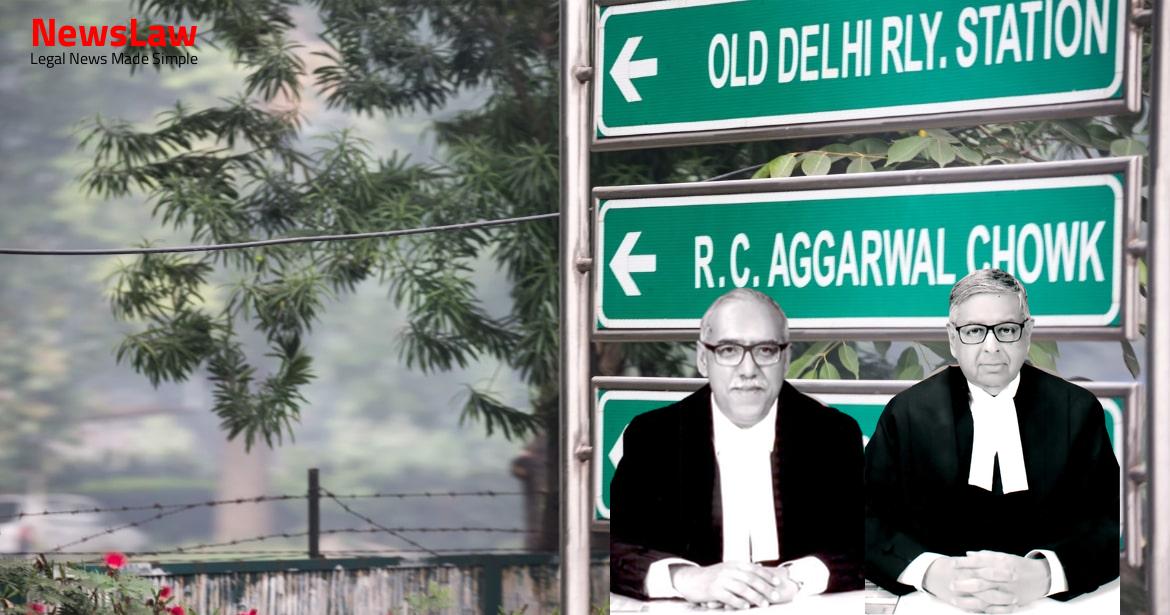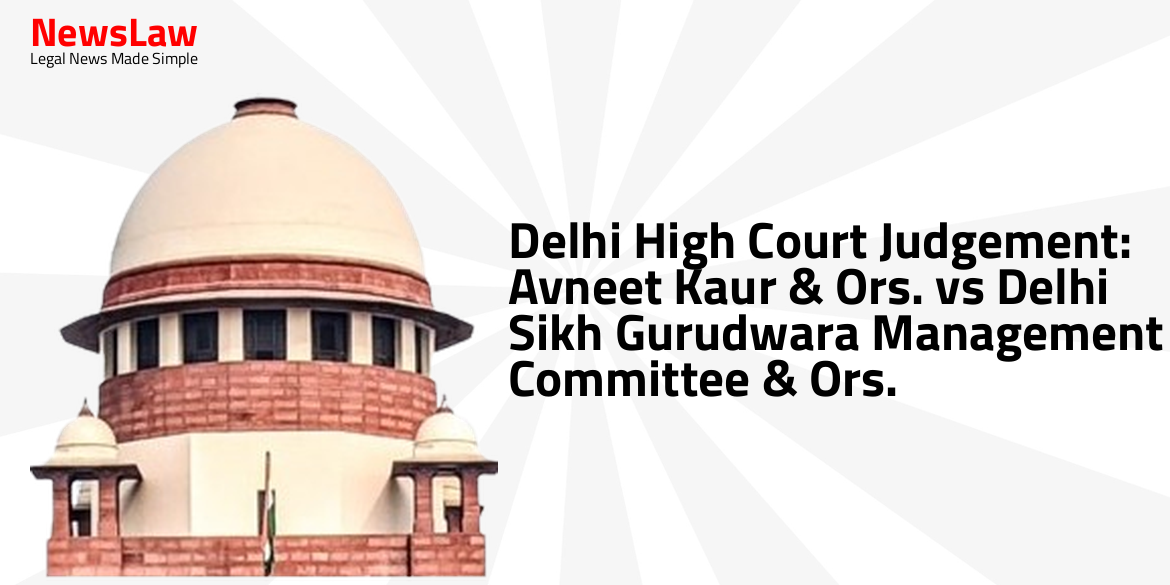Delve into the recent Supreme Court judgment on defining public authorities under the Right to Information Act. In a case concerning NGOs substantially financed by the government, the apex court’s decision will have far-reaching implications on transparency and accountability. Learn more about this significant ruling shaping the governance landscape.
Analysis
- Any authority, body, or institution established or constituted by a notification of the Central or State Government is considered a public authority under Section 2(h) of the Act.
- Non-Governmental Organizations (NGOs) substantially financed by the appropriate government fall within the ambit of ‘public authority’ as per Section 2(h) of the Act.
- The Right to Information Act of 2005 was enacted to provide citizens with access to information and promote transparency in governance.
- The Act aims to ensure accountability of Governments and their instrumentalities, contain corruption, and maintain transparency in the functioning of democracy.
- The definition of ‘public authority’ in Section 2(h) includes bodies owned, controlled, or substantially financed by the government, whether directly or indirectly.
- NGOs claiming exemption from the Act are challenged based on the interpretation of Section 2(h) and the true intention of the Act to serve its purpose.
- The Section 2(h) of the Act deals with six different categories, with two additional categories mentioned in sub-clauses (i) and (ii).
- NGOs substantially financed by the appropriate Government are considered public authorities under the Act.
- The definition of ‘public authority’ includes bodies owned, controlled, or substantially financed by the government.
- Determining substantial finance for NGOs is a question of fact, to be decided case by case.
- The Act aims at bringing transparency in public dealings and probity in public life.
- The inclusive clause of the definition aims to cover bodies beyond those mentioned in clauses (a) to (d).
- The term ‘substantially’ is interpreted to mean a large portion and can be both direct and indirect financing.
- Notification under clause (d) is related to the establishment or constitution of the body and not the Act itself.
- NGOs receiving significant grants from the Government could be considered substantially financed.
- Emphasis is placed on whether a body can effectively carry on activities without government funding to determine substantial finance.
- The judgment in Abhiram Singh v. C.D. Commachen (Dead) by L.Rs. and Ors held a pragmatic view is required for interpreting the law so that the benefit reaches the masses.
- The word ‘means’ in a definition is restrictive, while ‘includes’ is extensive.
- The language of the Act must be followed if clear, without giving own interpretation.
- The word ‘substantially’ is defined as ‘essentially; without material qualification; in the main; in substance; materially.’
- The Societies do not fall within the categories listed under Section 2(h) of the Act.
- Reference is made to the judgment in the Thalappalam case regarding ‘substantially financed’.
- The interpretation of a statute must ensure the object of the Act is fulfilled.
- The word ‘substantial’ does not mean ‘dominant’ or ‘majority’.
- The definition clause must be given emphasis when it contains ‘means and includes’.
- The legislative body is presumed to seek to achieve reasonable goals in a reasonable manner.
- Purposive construction must be applied to fulfil the object of the Act.
- When ‘means and includes’ are used, the categories exhaust themselves, indicating an exhaustive definition.
- Literal interpretation may not fully reflect the intended benefit of the people in welfare state legislations.
- The aspect of substantial financing was not fully considered in the High Court judgments.
- The bodies in question are deemed NGOs, but their level of substantial financing needs to be determined by the High Court.
- The issue of substantial financing must be further deliberated and decided upon.
Also Read: Enforcement of Foreign Award: Case of Oscar Investments Limited and RHC Holding Private Limited
Decision
- High Court to treat writ petitions filed in 2013 with priority.
- Both parties given opportunity to file documents and present their case.
- All appeals disposed of according to the observations made.
- Civil Appeal No. 9828 of 2013 dismissed.
- Civil Appeal Nos. 9844-9845 of 2013, 9846-9857 of 2013, and 9860 of 2013 remitted to High Court for determination of substantial financing.
Also Read: Maintenance Rights of Divorced Women: Reconsideration Plea by Mr. Debal Banerjee
Case Title: D.A.V. COLLEGE TRUST AND MANAGING SOCIETY Vs. DIRECTOR OF PUBLIC INSTRUCTIONS
Case Number: C.A. No.-009828-009828 / 2013



